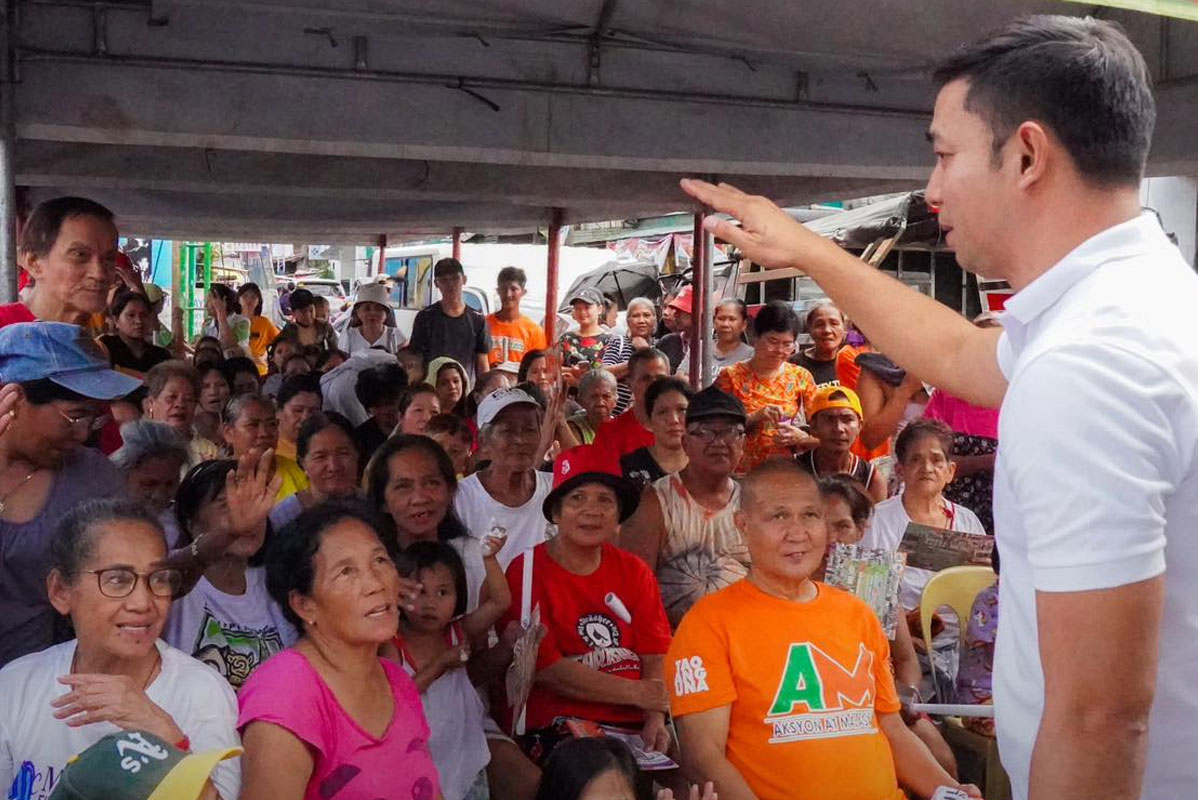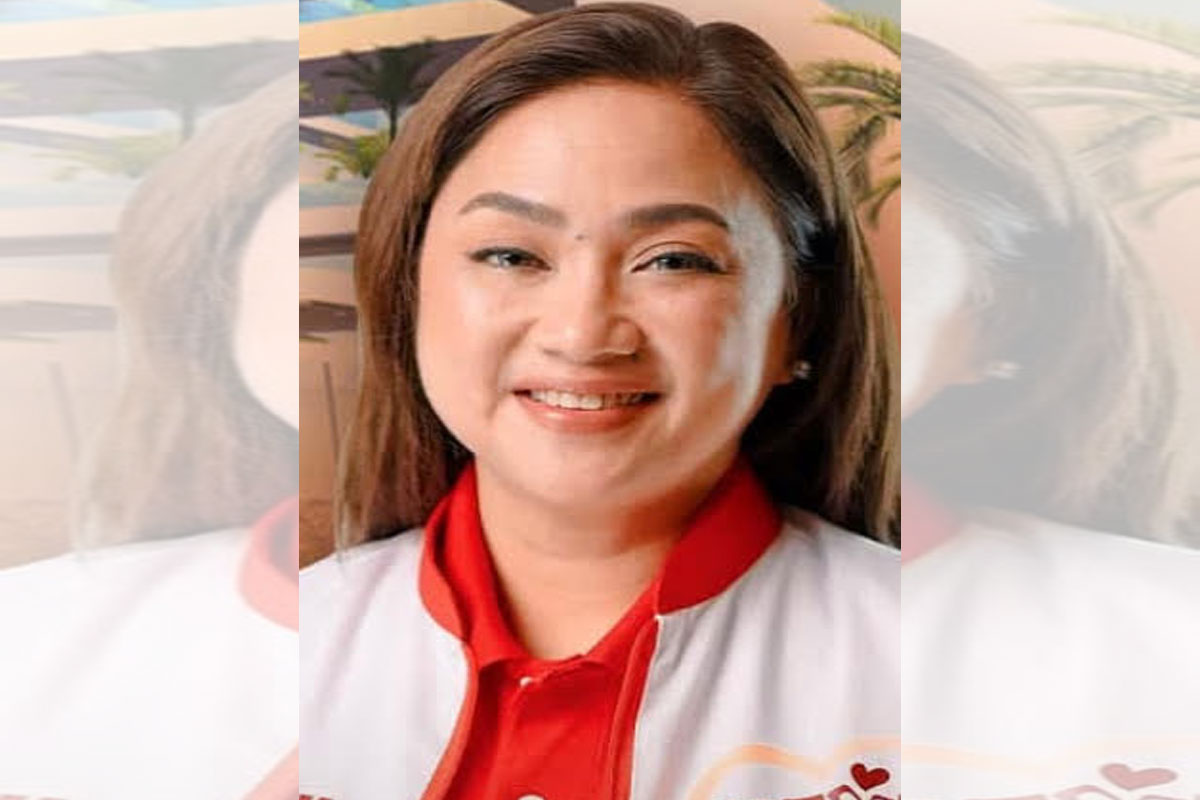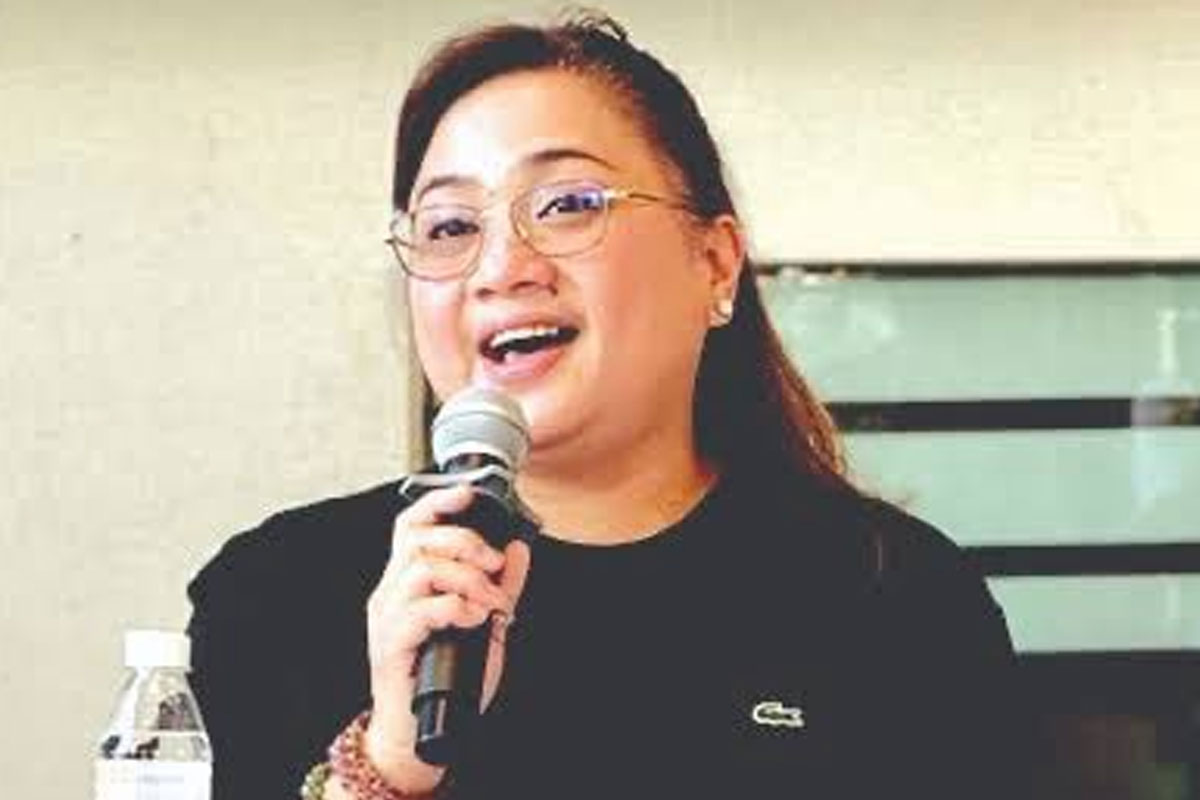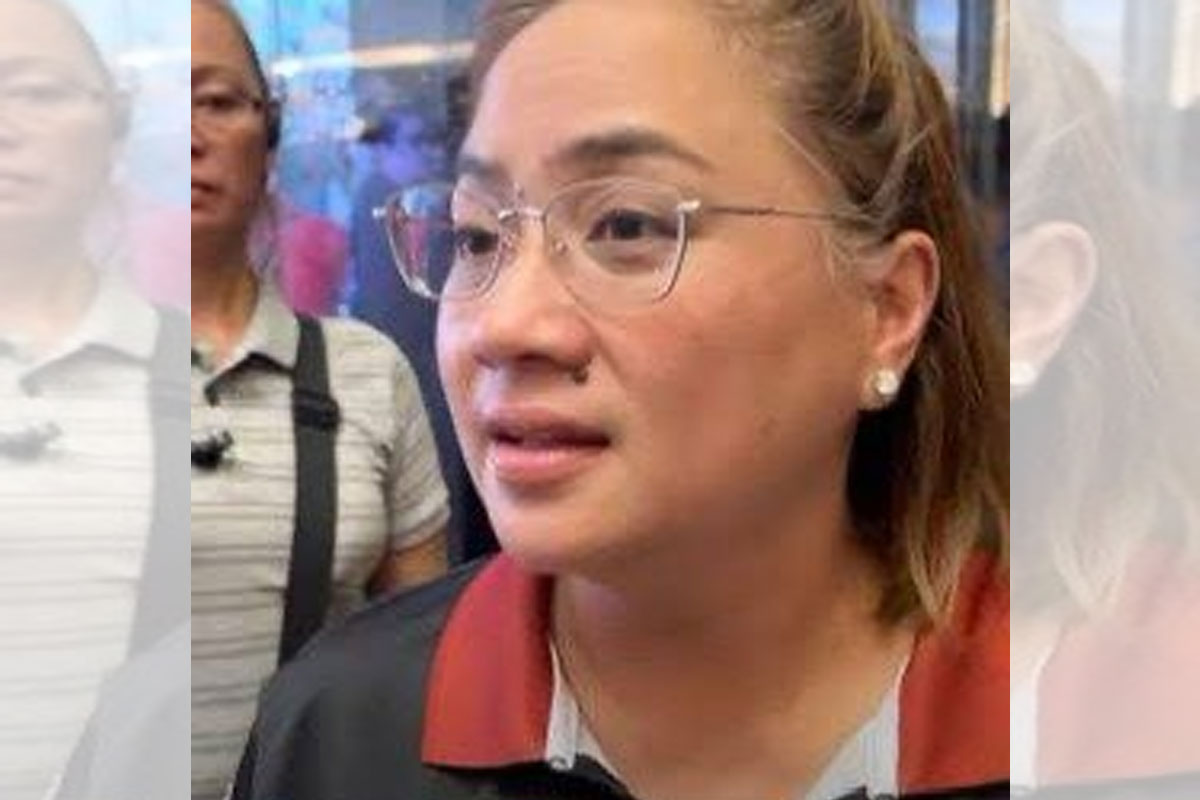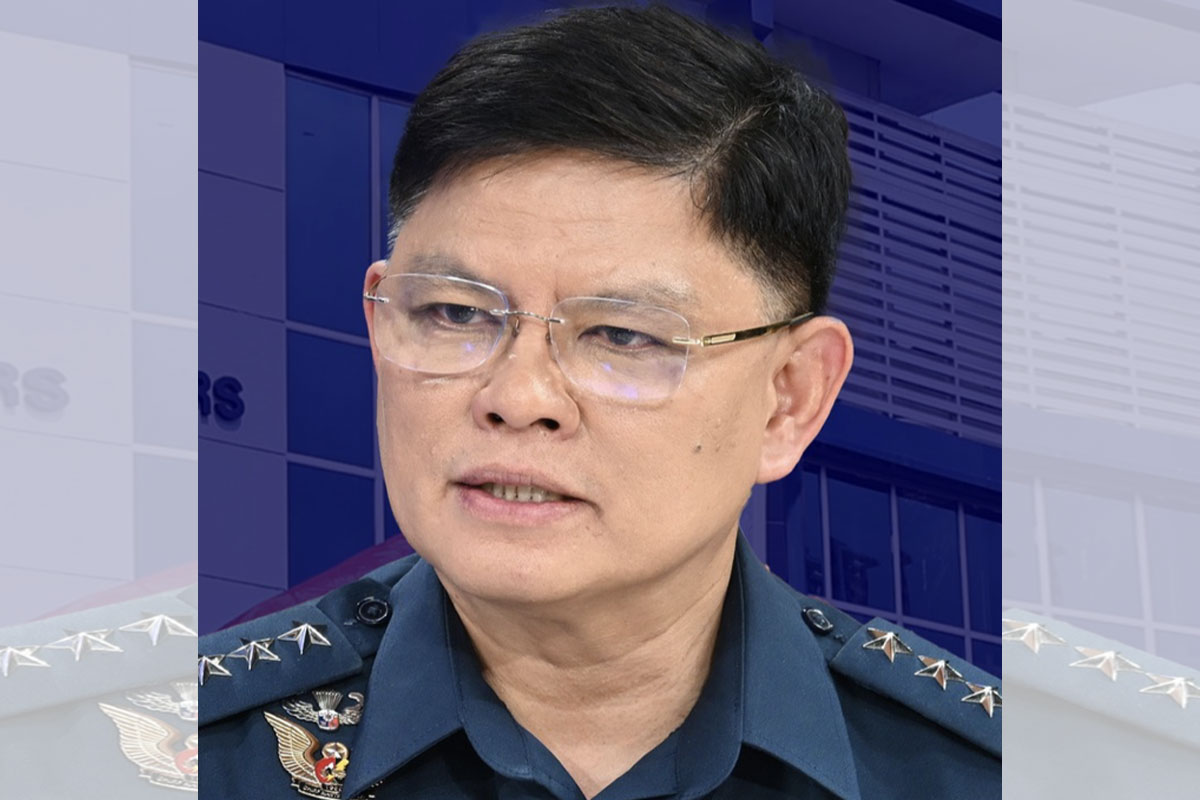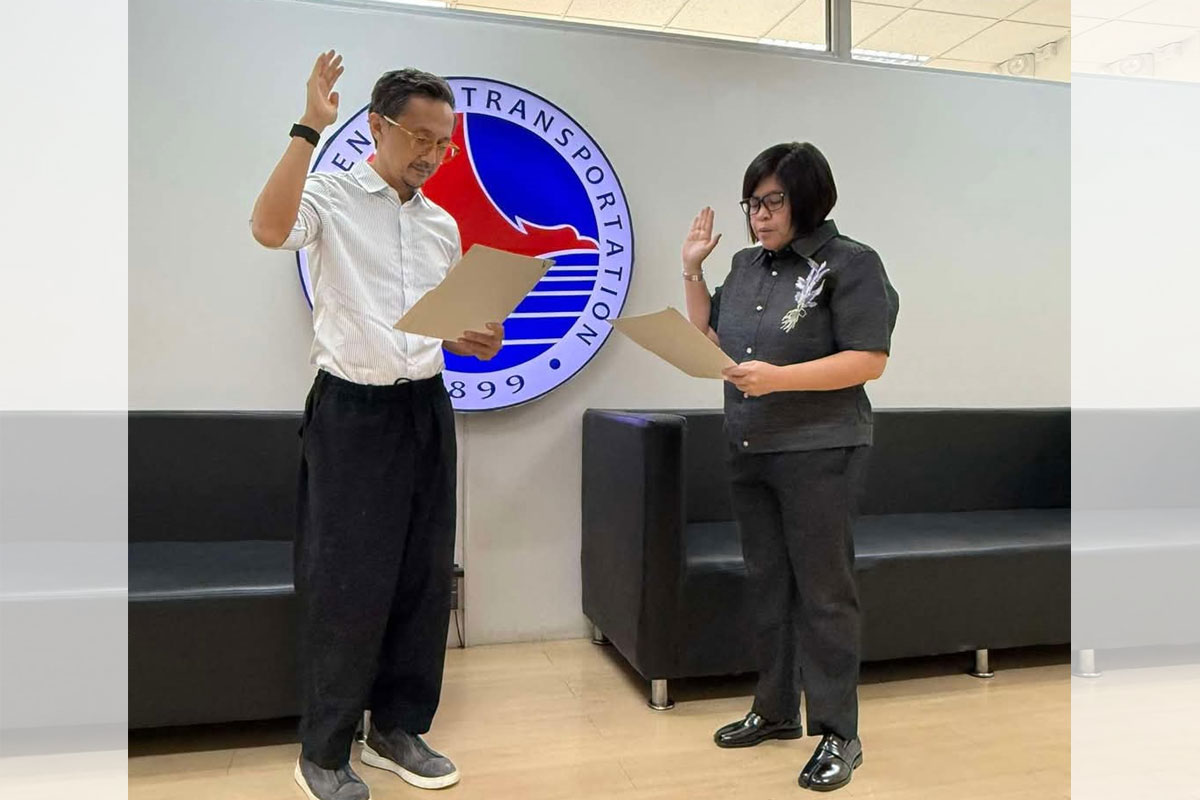
SC pushes for clean, safe and proper jails
THE Supreme Court has ruled that it is the State’s duty to provide clean, safe, and properly equipped detention facilities for people who are arrested.
In a decision written by Associate Justice Antonio T. Kho, Jr., the SC’s SecondDivision upheld the Ombudsman’s dismissal of a complaint filed by the Commission on Human Rights (CHR) against police officers in Tondo, Manila.
The CHR had accused the officers of operating a so-called “secret detention cell” inside Raxabago Police Station 1.
The CHR said it discovered three men and nine women cramped in a small, dirty room hidden behind a wooden shelf. Video footage of the room was submitted, and the CHR claimed it was a secret cell.
Police responded by explaining that the station was overcrowded at the time, holding 96 detainees despite being built for only 50. Because of this, a small room had to be used as a temporary holding area while detainees awaited investigation.
They denied it was a secret cell, saying it was visible and had its own entrances.
The Ombudsman dismissed the complaint, noting the video footage was unclear and simply showed a dark room with a urinal. It also recognized that overcrowding in jails is a real issue.
The SC agreed, ruling that there was no evidence of a secret detention cell or violation of the Anti-Torture Act of 2009 (Republic Act No. 9745), which bans hidden or solitary cells. It also found no bad faith on the part of the police, noting that there were no other available spaces to hold the detainees at the time.
However, the SC stressed that poor jail conditions must still be addressed. It acknowledged the budget limitations faced by the police officers but emphasized that detainees still have basic rights under the law, including the right to decent living conditions while in custody.
The SC urged government agencies to urgently improve jail conditions.
It warned that if these agencies continue to fail, the Court will step in to protect the rights of detainees when properly asked to do so.


